Is bitcoin the new gold?
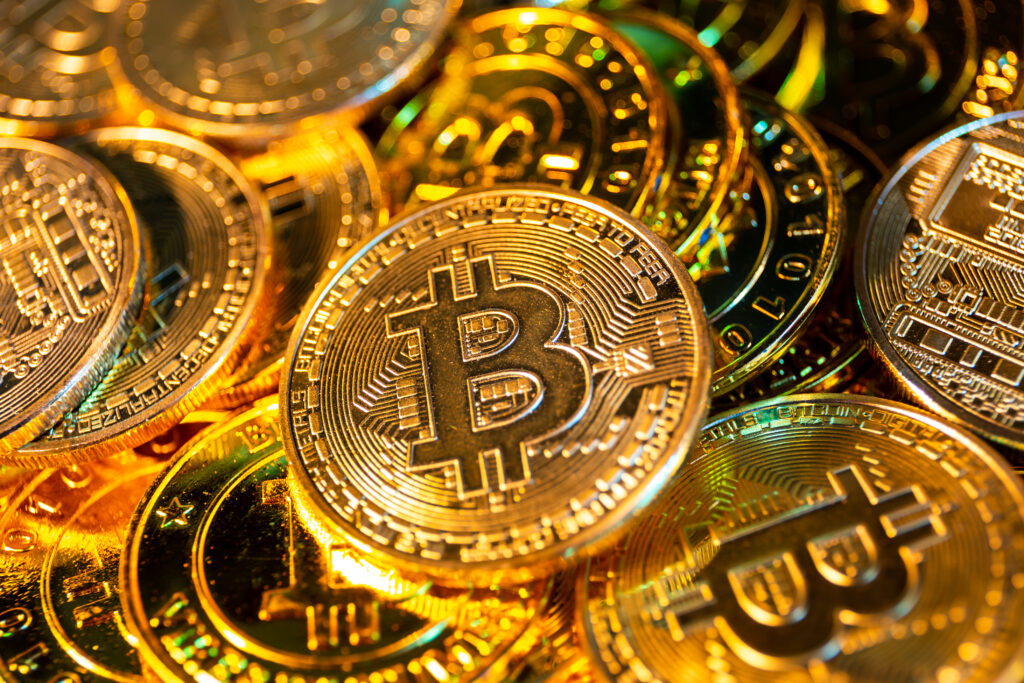
On January 6, 2022, Goldman Sachs reported that the bitcoin price could reach $100,000 and be considered the ‘new gold’. That’s quite a turnaround for the traditional institution that just a few years ago warned it was a “vehicle for fraudsters”. Fast forward to mid-2022, and bitcoin is hitting new highs thanks to increasing adoption, price volatility and portability. As the world struggles to deal with the pandemic, the war in Ukraine, fears of global stagflation, and parabolic swings in commodity prices, global uncertainty and risk abound in the market. The continuous rise in the price of goods and services due to supply disruptions has led many to look for safe-haven instruments as a store of value.
Historically that safe haven has been gold, but in a changing financial landscape, and with the price of bitcoin (BTC) hitting a recent all-time high of 1,050,062 rands (at the time of writing), the contender may take the title off the current champion.
What is bitcoin?
Bitcoin is a digital currency that was founded in 2009 as a way to solve the problems experienced by using fiat currencies (Central Bank-issued paper money) and as a form of exchange of value through a decentralised peer-to-peer network known as a blockchain.
The gold standard vs bitcoin
Gold was used as a medium of exchange for more than 1000 years. It derived its value from supply and demand. Hence as demand rose, the price of gold began to appreciate. As a physical instrument, it was difficult to transport and vulnerable to theft, so Central Banks began to issue paper notes with their value directly linked to the gold held in stock (gold standard).
Britain was the first to abandon the use of the gold standard as a peg for the value of its currency. Global governments also abandoned the gold standard system, and the government was now solely responsible for the supply and demand of money without an underlying value (Fiat money).
The continuous printing of money by central banks causes inflation, and during periods of soaring inflation, you would like to keep your valuables in a more reliable instrument. Thus, gold remained a safe haven throughout the years.
Just like gold, bitcoin is also finite. There are only 21 million bitcoins that will only ever be available on the blockchain. With relatively lower transaction costs and faster transfers than traditional (or fiat) currencies, bitcoin has seen increased demand.
Bitcoin is stored in a secure digital wallet accessed from your phone or laptop. The transactions are done via a decentralised network as opposed to gold and fiat currencies that require a major third party to process the transaction. For example, when you send your friend or family rands to their account, a bank must verify the transaction.
Could bitcoin replace gold as a standard?
The rise of bitcoin does solve many of the problems of using both gold and fiat money, but there remain concerns that threaten the future of bitcoin as a complete replacement for gold and fiat currency.
Price Stability
Compared with Gold, bitcoin has experienced massive volatility in recent years. The price has gone through cycles of attention-driven rallies and drops. This type of volatility goes against the nature of safe haven instruments that are relatively less volatile and stable. However, for traders, this type of volatility would be attractive as they speculate on the price changes in the near term.
To put it in context – between 7 July 2021 and 10 November 2021, the price of Bitcoin rallied from 454 695 rands to 1 010 440 rands surging almost +100% gain in less than 6 months. However, in the next 6 months, bitcoin lost more than half its value between November 10, 2021, and 10 May 2022.
During the same period, gold increased its value from 25 782 rands to 28 554 indicating a 10.7% rise in value. Gold remains a more stable instrument to store value as compared to bitcoin. Between November 10, 2021, and 10 May 2022, the price appreciated to 30065 rands rising 5.29 %.
Trust vs true value
Gold has inherent value as a commodity due to its real-world uses and has been utilised as a currency for over 1000 years. There is an increasing demand for it in several industries, including jewellery, electronics, medicine and many more. You can walk into a refinery and trade your gold for cash, and it’s an instrument widely adopted by global central banks as a hedge against fiat money. Bitcoin has limited real-world uses other than as a store of value and as a form of exchange. Any tangible value or services do not back it up hence its value remains speculative.
Key Takeaways
Bitcoin indeed solves many of the problems associated with both gold and fiat currencies. As to whether it can ever be the new gold – well, there’s a lot of discussion around this topic, and it seems that the jury is still out.
——-
Learn the terms
Inflation Hedge – To protect against decreased purchasing power of a currency that results from the loss of its value due to rising prices either macro-economically or inflation by storing value in a more stable instrument.
Blockchain Network – a distributed database that is shared among the nodes of a computer network. As a database, a blockchain stores information electronically in a digital format. Blockchains are best known for their crucial role in cryptocurrency systems, such as bitcoin, for maintaining a secure and decentralized record of transactions.
Gold Standard – A monetary system where a country’s currency or paper money has a value directly linked to the gold price.
BTC – The three-letter abbreviation for bitcoin.
XAU – The three-letter abbreviation for gold.

Trade the markets - all in one place
This information is written by Klips. The information is provided for general purposes only and does not consider any personal circumstances or objectives. Before acting on this material, you should consider whether it is suitable for your circumstances and, if necessary, seek professional advice. No representation or warranty is given as to the accuracy or completeness of this information. It does not constitute financial, investment or other advice on which you can rely. Any references to past performance, historical returns, future projections, and statistical forecasts are no guarantee of future returns or future performance. Klips will not be held responsible for any use that may be made of this information and for any consequences that may result from such use. Hence, any person relying on the information on this page does it at their own risk.
Learn more, understand the markets
Learn

Top AI Companies to Watch: A Deeper Dive
ByAndreea
 3 min.
3 min.Learn

Charting Your Course to Trading Success with Klips
ByAndreea
 3 min.
3 min.Learn
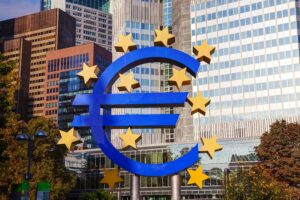
Navigating the ECB’s Monetary Policy with Klips: Empowering Your Trading Strategy
ByAndreea
 3 min.
3 min.Learn
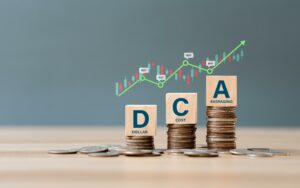
Harness the Power of Dollar-Cost Averaging on Klips Trading Platform Amidst a Bear Market
ByAndreea
 3 min.
3 min.Learn
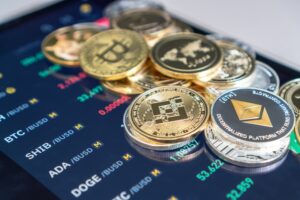
Blockchain: The Future of Finance?
ByAndreea
 5 min.
5 min.Learn

AMC stock price – What Influences it the most
ByAdmin
 5 min.
5 min.Learn
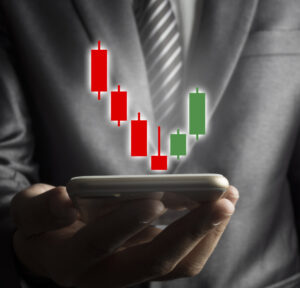
What are trading signals?
ByAdmin

Trading
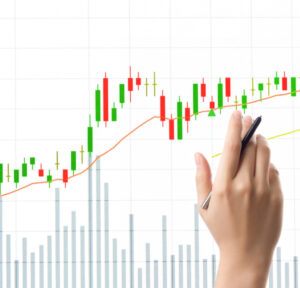
3 popular candlestick patterns for forex trading strategy
ByAdmin
 4 min.
4 min.Trading

Learn how simple forex trading is in South Africa
ByAdmin
 5 min.
5 min.Trading

The Warren Buffet of India: Find Out How Rakesh Jhunjhunwala Built His Fortune
ByAdmin
 7 min.
7 min.



